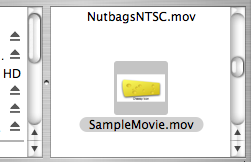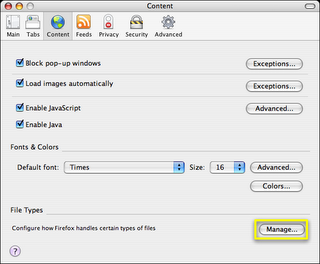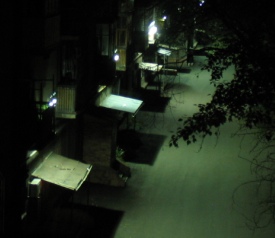Global Voices Online » Blog Archive » Kazakhstan: where are we going to be in 15 years?
Global Voices Online » Blog Archive » Kazakhstan: where are we going to be in 15 years?.>
Interesting synopsis of the recent past of Kazakhstan, with several guesses as to the future.
Leila Tanayeva:
15 years ago we were different: we had huge lines to the shops that had nothing to sell, we experienced electricity black-outs, lack of heating, state monopoly on everything and huge inflation.
15 years have changed us: we now have polite salespeople in Gucci stores, we go to corporate parties with our colleagues from multinationals, and we travel around the world (that is when we are asked about Borat’s film!).
When Bobi and I were in Karaganda, our translator Olga explained to us that many of the signs of commerce we saw -- a business in practically every building, cell phones everywhere, fresh bananas from Ecuador in every shop, supermarkets reminiscent of the Åhlens in Linköping -- had not existed even seven years ago.
She remembered her first cell phone and its volatile signal strength. "Sitting in the back of my classroom I could get a signal, moving away from a window I could not." (Sounds like every cell phone I've ever had...)
She laughingly remembered the sudden appearance of oranges. They didn't have much else, she said, but they all carried oranges because they could.
For a few days in September (and, I hear, again in the spring), parts of Karaganda still have electricity black-outs. And the whole city has no water during that same period, while the city engineers switch the hot water on. But these are planned outages, probably not what Leila referred to.
Adam Kesher:
...those in the middle were waiting for democracy and money, poor were waiting for money and democracy, and [those having] oil-riches - for money, without democracy...
That's a noteworthy detail for those engaged in rebuilding countries: when you lack food, shelter, clothing and democracy, you may be least interested in the last of these. Let's eat, then let's talk about voting rights.
I guess we could stand to remember that democracy is a luxury here, too, one easily lost through neglect.















